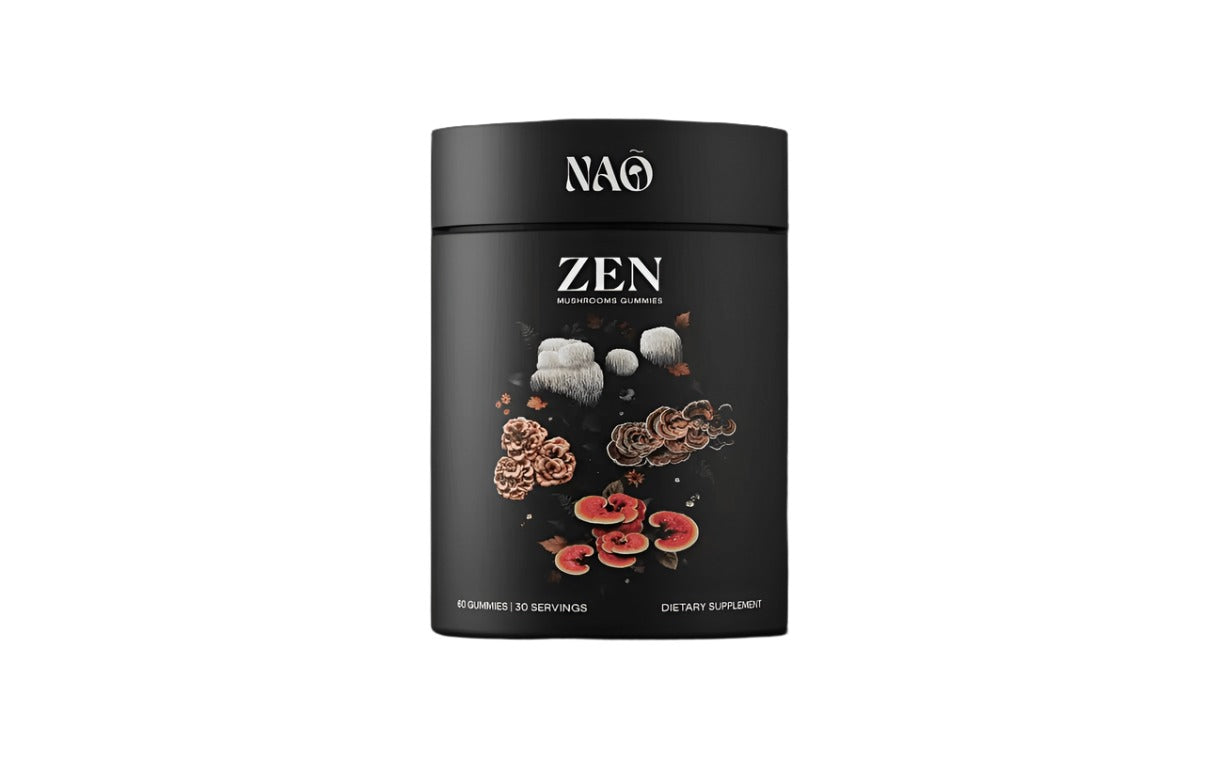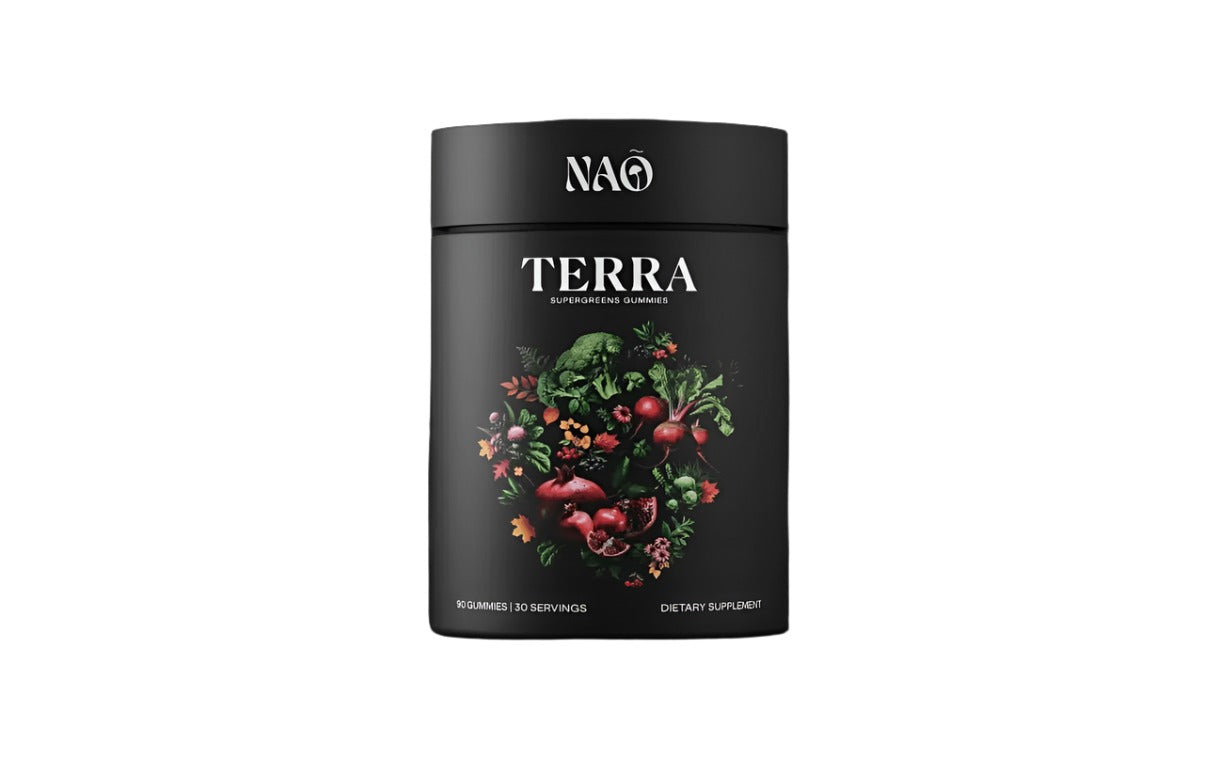Probably the most common culprit behind muscle soreness and fatigue, the buildup of lactic acid can significantly hamper your performance and recovery. Knowing how certain supplements can help to reduce this lactic acid can become the key to maintaining optimal muscle health and maximizing overall physical fitness.
In the following article, we will cover the most popular supplements that help control lactic acid levels and natural strategies to keep them at bay effectively. Whether working out for peak performance or looking to recover even better, these tips and techniques can prove very helpful in an exercise regimen.
So, what supplement helps reduce lactic acid? Keep reading to discover more useful facts!
What Is Lactic Acid?
Lactic acid is a byproduct of the process of anaerobic respiration, whereby your muscles undergo severe exercise, and the oxygen supply is inadequate to support the exercise. In this metabolism, the breakdown of glucose for energy takes place without the participation of oxygen, thus forming lactic acid. It is essential to provide energy quickly over short periods through high-intensity exercises, but this leads to lactic acid accumulation in muscles.

As it accumulates, most of the lactic acid will be in the dissociated form: lactate and hydrogen ions. It is this rise in hydrogen ions that lowers the pH in muscle cells; this forms the basis for the burning sensation and pain perceived during and after high-intensity exercise. Such accumulation may further be responsible for muscle fatigue, reducing performance and hindering recovery.
Finally, the body clears the lactic acid through processes that involve the conversion of lactic acid back into glucose or the general use of it as an energy source, but this might take some time and hence affect how fast you are ready for the next workout.
Lactic Acid Buildup Causes
The accumulation of lactic acid is affected by several factors:
- Intensive exercise: High-intensity exercise or exercising for a long time can exceed the body's ability to supply adequate amounts of oxygen to the working muscles, thus increasing the amount of lactic acid in the body.
- Poor conditioning: When a person is not fit or suddenly increases the intensity of exercise, it could result in rapid accumulation.
- Dehydration: One must drink enough water to keep the muscles in good working order and flush out metabolic by-products. Dehydration can have additive effects with lactic acid accumulation.
- Nutrient deficiency: If you lack essential nutrients, including carbohydrates and electrolytes, the efficiency of your body in fighting and removing lactic acid will be reduced.
Mastering these causes will help you apply strategies to minimize lactic acid increase through gradual exercise intensity, keeping hydrated, and following a balanced diet containing all the necessary nutrients. Managing these factors ensures better exercise performance and facilitates fast recoveries, which contributes to improved fitness and health.
Top Supplements to Reduce Lactic Acid
Effective management of lactic acid buildup makes all the difference in athletic performance and recovery. While that can be successfully managed with exercise strategies and dietary modifications, some supplements really help reduce the levels of lactic acid and, therefore, muscle fatigue associated with it. Now, let's dive into the top supplements known for reducing lactic acid buildup. Now, let's understand the mechanism of these supplements and how to add them to your routine for maximum efficiency at peak performance and recovery.

The body's ability to manage lactic acid can be crucial in determining one's ability to perform various exercises and recover. Apart from regular exercise and diet, some supplements can help in this regard and reduce muscle soreness. Check out some of the best and learn their impacts.
Beta-Alanine
Beta-alanine supplementsis also a non-essential amino acid, but it plays a whole part in upping the levels of muscle carnosine. Carnosine, a dipeptide located in muscle tissue, serves as a buffer against acid buildup through the neutralization of hydrogen ions formed during high-intensity exercise.
If you add beta-alanine, increase your muscle carnosine levels, which may help improve the delay of the onset of muscle fatigue and reduce the amount of cramping that may be related to lactic acid. All of this can help improve performance and, in turn, affect your endurance.
Beta-Alanine Benefits
- Increased buffering in muscles
- Promote muscle growth
- Anti-fatigue time attributes
- Enhances endurance and performance in high-intensity work
Magnesium
Magnesium is a critical mineral in the body that is responsible for muscle function and energy extraction in the cells. At least 300 body biochemical body reactions utilize magnesium supplements. Additionally, it supports muscle contractions and relaxations.
Magnesium benefits exercise; it will keep muscle cramps and soreness at bay that result from the body's lactic acid buildup. Magnesium supplementation optimizes muscle health and recovery through muscle relaxation, reducing the severity of cramps or soreness.
Benefits of Magnesium on Muscle Relaxation and Recovery
- Support of muscle relaxation and functioning
- Reduction in muscle cramping and soreness
- Aids in overall recovery and builds muscle health

BCAAs (Branched Chain Amino Acids)
Branched-chain amino acids- BCAAs: leucine, isoleucine, and valine are three of the essential amino acids that are involved in muscle reparation and growth. Through arduous training, they speed up power sources and reduce tremendous muscle damage.
By including BCAAs in your supplementation, you can reduce the damage to muscles and the waiting effects of lactic acid accumulation. The addition of BCAAs before and after exercise improves your exercise performance by decreasing the oxidation of fuels during the exercise, reducing fatigue, and helping you recover much more quickly.
BCAAs are the only amino acids shown to be beneficial to the muscles
- Supports the repair and growth of muscles
- Supplies energy in times of high-intensity
- Decreases muscle damage and lactic acid
Sodium Bicarbonate
Sodium bicarbonate, commonly known as baking soda in everyday applications, is recommended for lactic acid regulation as it buffers against the buildup of acidic products in the muscles. The manner in which it operates is through buffering the pH levels in the body, which usually serves to delay the fatigue of severe activities that lead to physical outputs.
Sodium bicarbonate is best used with high-intensity workouts or exercises that would last a short while. Examples of such sports events would include sodium bicarbonate among the performance-enhancing pre workout supplement, including exercise capacity, muscle acidification, and the time until exhaustion.
Sodium bicarbonate benefits
- It counteracts over-acidity of muscles
- Delays fatigue during high-intensity exercise
- Improves overall performance by maintaining pH balance
Employ these supplements within your workouts, and you will ensure that you're free from the irritating lactic acid buildup at low-performance levels and take too much time to recover from your routine. However, use these supplements as part of a balanced approach that includes proper exercise, nutrition, and hydration.
How These Supplements Work
Knowing how supplements decrease lactic acid requires a look into their mechanisms of action in the body. Each supplement acts on different facets of physiological processes that give rise to lactic acid and muscle fatigue.

In this section, learn how these supplements work to decrease lactic acid accumulation and improve muscle performance with support for recovery. Knowing how each supplement works will let you make better decisions regarding integrating them into your fitness regime for optimum results.
Beta-Alanine: Buffering Capacity
Exogenous beta-alanine combines with the muscle as a dipeptide to increase the synthesis of L-carnosine stores in muscle tissue. Carnosine acts as a natural buffering agent for hydrogen ions that start to accumulate under conditions of high-intensity exercise and begin to acidify the muscle. This dipeptide offsets these ions and thus helps to keep the pH of the muscle constant.
How It Works
The excess hydrogen ions are buffered by the carnosine, delaying the drop in pH that leads to muscle fatigue.
- Improved endurance: With reduced acidity, it can perform at a high intensity for an extended period of time before feeling fatigue.
- Consistent use: Regular supplementation with beta-alanine increases levels of carnosine in the muscles, significantly improving workout endurance and performance.
Key Benefits
- Improved buffering capacity
- Delayed onset of muscle fatigue
- Improved exercise duration and intensity

Magnesium: Relaxation and Recovery of Muscles
Magnesium plays an important role in the functioning and restoration of muscles. It is present in both the formation and destruction of ATP. When the level of magnesium is adequate, this facilitates efficient muscle contractions and relaxation, therefore averting cramps and muscle soreness.
How It Works
- Muscle relaxation: Magnesium helps regulate muscle contractions and prevents cramps by facilitating proper nerve function.
- ATP production: Supports the synthesis and utilization of ATP, ensuring muscles have the energy needed for optimal performance.
- Recovery support: By aiding in muscle recovery and reducing soreness, magnesium helps maintain balanced lactic acid levels.
Key Benefits
- Improved muscle relaxation
- Energy production enhanced
- Muscle cramps and soreness reduced
BCAAs: Muscle Repair and Energy
Branched-Chain Amino Acids (BCAAs) – including leucine, isoleucine, and valine – are essential amino acids that are metabolized directly in the muscles rather than the liver. This direct metabolism allows BCAAs to be used as a primary energy source during exercise and stimulates muscle protein synthesis.
How it Works
As direct substrates, BCAA bypasses the liver and directly provides instant energy during intense workouts; thus, one becomes less dependent on stored glycogen.
- Protein synthesis: Induce protein synthesis for repairing and building muscle tissue.
- Lactic acid reduction: BCAAs lower lactic acid production by promoting muscle repair and lessening its damage.
Primary Benefits
- Better muscle repairing and growing
- Less potential damage to muscles
- Lower lactic acid production
Sodium Bicarbonate: Acid Neutralization
Sodium bicarbonate, or baking soda, works by offsetting the excess acid produced during exercise. It maintains homeostasis in the body's pH level, somehow lengthening the time until muscle fatigue kicks in and improving performance during intense activities.
How It Works
- Acid neutralization: Sodium bicarbonate buffers excess hydrogen ions in the muscles, maintaining a stable pH level.
- Delayed fatigue: Performance improves by way of delaying fatigue in short sprints of high-intensity exercise.
- Supplementation: Sodium bicarbonate supplementation before exercise may improve the endurance and strength capacities in exercise of a high degree of difficulty.
Key Benefits
- Effective acid neutralization
- Delayed muscle fatigue
- Improved performance in high-intensity activities
Knowing the mechanism behind how these supplements work can better help you employ them in your regime to help with managing lactic acid buildup, increasing performance, and aiding in recovery.

Natural Ways to Reduce Lactic Acid
Apart from the supplements, here are some natural ways to deal with lactic acid accumulation. These exercises will keep your muscles in norm so that you recover and perform at an optimal rate.
- Hydration: Keep yourself well-hydrated to keep lactic acid levels at bay in your body. Water will maintain the correct balance of electrolytes and helps to wash out metabolic by-products from your system. Keeping the body hydrated will ensure that the muscles work at their best ability without excessive lactic acid build-up while and after a heavy workout.
- Balanced diet: Eating a balanced diet, that is well supplied with nutrient intake, allows your body to deal with and recover from intense activity. Begin first with foods that provide appropriate carbohydrates, proteins, and healthy fats. Carbohydrates replace your lost stores of glycogen; on the other hand, proteins are capable of repairing and growing your muscles. Increase intake of antioxidant and anti-inflammatory-rich foods like fruits, vegetables, nuts, and seeds, which may be of great help in reducing inflammation and generally the sore feeling in muscles.
- Warm-up and cool-down exercises: Proper warm-up and cool-down exercises are required to prepare your muscles for the workout and recover from it. Warming up increases blood flow to the muscles, thus preparing them to meet the forthcoming demands of one's workout. It eases your body back to a resting state and can also help in reducing muscle stiffness and soreness. Both exercises are basically done to control the rise of lactic acid in the body and to keep the overall musculature in good shape.
- Stretching: Incorporate some regular stretching to help enhance flexibility and relax muscle tension. Add some dynamic stretches before exercise to get the muscles ready to go, and static stretches at the end to help in recovery. This will help alleviate possible muscle tightness and thus reduce the discomfort brought on by lactic acid accumulation.
- Low-intensity exercise: Low-intensity steady-state exercise, such as walking or some light cycling, is excellent in recovering from exercise. Such activity also helps lower residual lactic acid levels. Light exercise increases blood flow to the working muscles and aids in flushing out lactic acid, among other metabolic by-products. Add some low-intensity activities to your routine so that they complement the high-intensity ones.
Bring these natural techniques into your workout routine to make sure that, through proper lactic acid management, muscle recovery, and performance, you're always firing on all cylinders. Such practices are not only relevant to helping you in terms of better exercise results; they matter a great deal in sustaining long-term health for your muscles.













